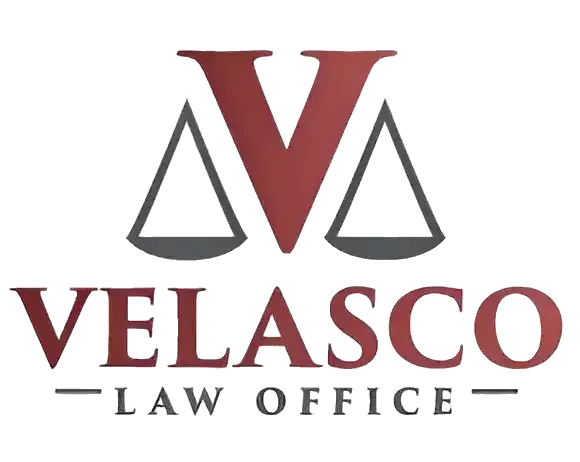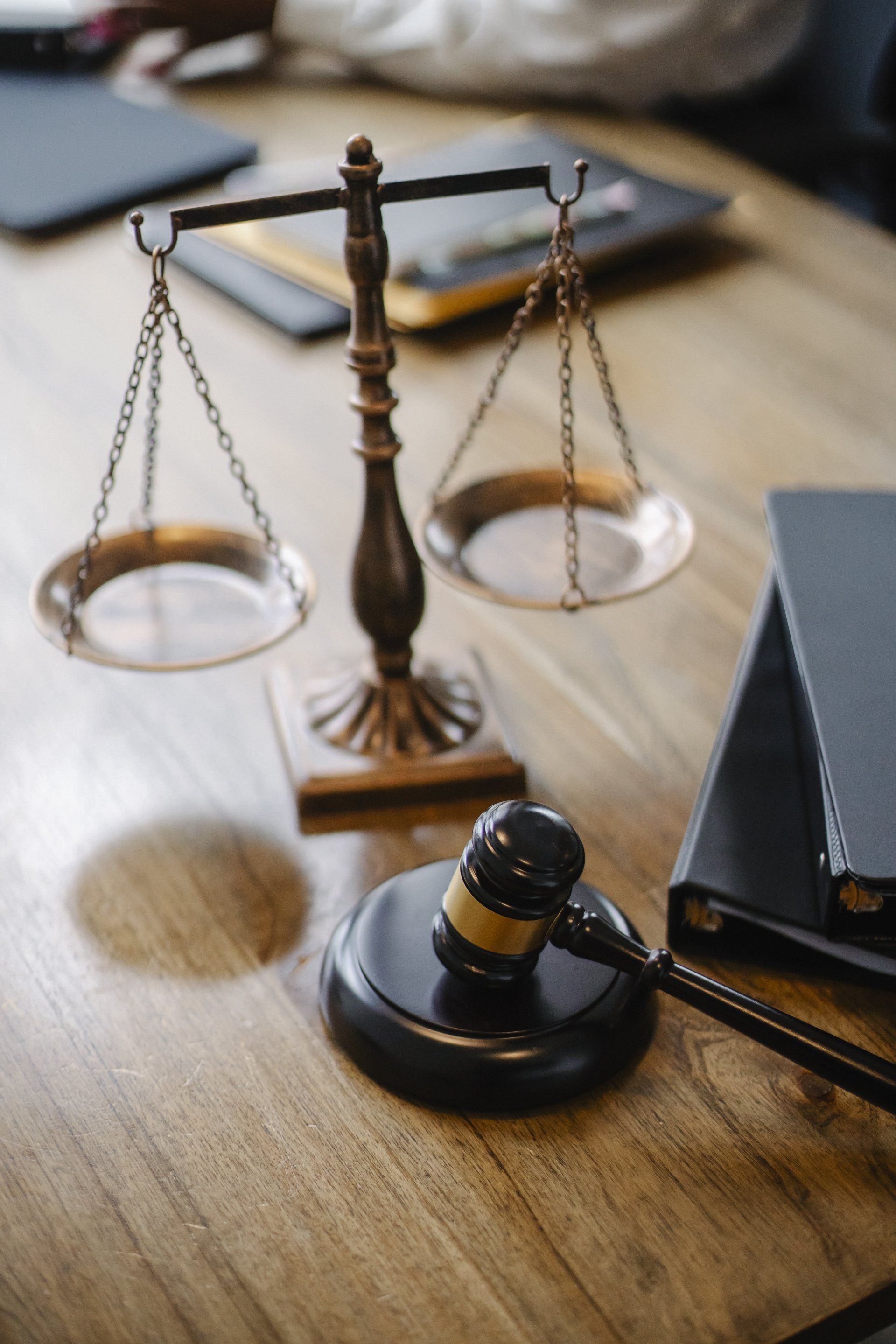Debt Discharges in Chapter 7 Bankruptcy
When a person is having an issue with their finances, they may be considering bankruptcy. If they file for a Chapter 7 bankruptcy, they may be able to discharge some of their debts. When a debt is discharged, they are no longer liable to pay it back. Once the discharge occurs, creditors are not permitted to communicate or take legal action in an attempt to collect the debt anymore. While there are a number of debts that can be discharged, it is important to know that not all debts are eligible for discharges.
For Chapter 7 bankruptcies, the discharge usually takes place 60 days after the meeting of the creditors, which usually takes place 4 months after the initial bankruptcy petition has been filed. Some debts that can be discharged include credit card debt, medical bills, and more. It is important to note that certain debts, such as student loans, can’t be discharged. However, a creditor is permitted to submit an objection and doesn’t have to discharge the debt.
There are some differences in discharging debts for different types of bankruptcy. Some debts can be discharged in a Chapter 13 but not in a Chapter 7. It is important that you consult with an experienced bankruptcy attorney who can help you understand your financial situation and determine which debts you may be eligible to discharge.
Juan C. Velasco, Esq. is a trusted attorney who concentrates on bankruptcy, family law, real estate, and estate matters who has been serving the New Jersey area for over 25 years. If you are in need of experienced legal counsel, please contact Velasco Law Office and we will be happy to assist you.











